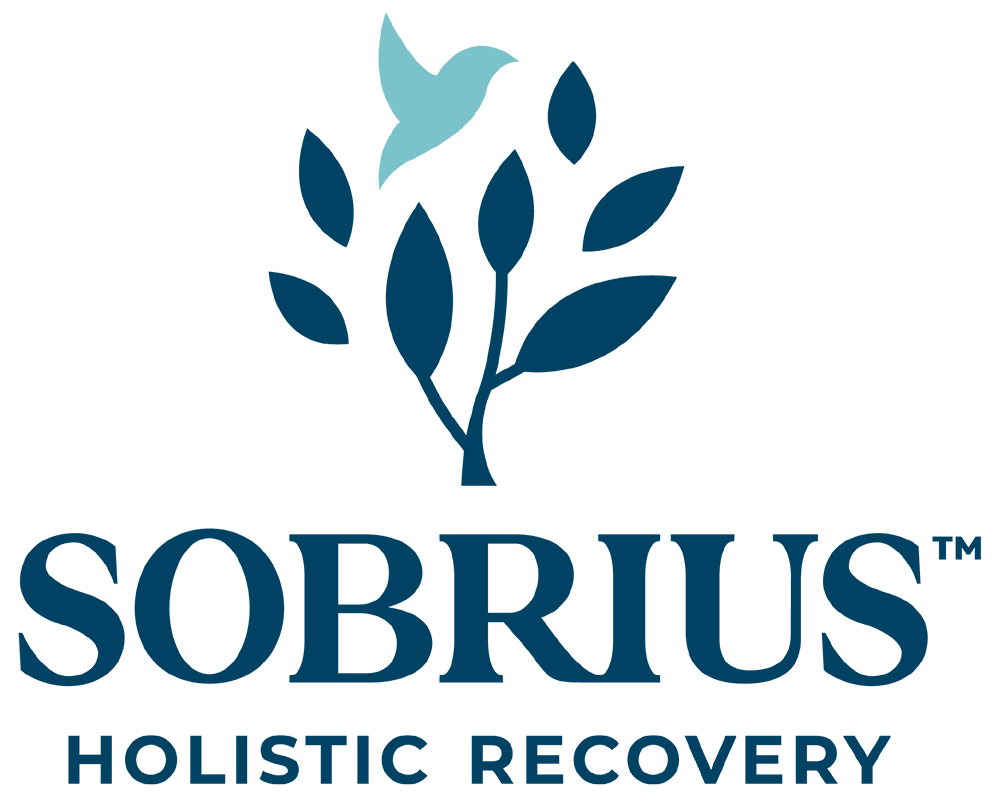If you’re journeying through recovery or supporting someone who is, it’s crucial to understand the winding road that is addiction recovery. Today, let’s dive into a topic that doesn’t get enough attention but is crucially important in the recovery process: relapse prevention therapy. A successful long-term recovery can often depend on it. To learn more about the importance of relapse prevention, call us today at 888.596.6514.
Why Is Addiction Relapse So Common?
Addiction isn’t just a habit. Instead, it’s deeply ingrained in the brain’s wiring, making it a chronic disease. This means, like any long-term condition, it requires ongoing management. The journey to sobriety always involves emotional and physical challenges. Triggers like stress, environmental cues, and even certain people can act as landmines on the path to recovery, making relapse a common occurrence. But here’s something that is vitally important to remember: Relapse isn’t failure. Instead, it’s a sign that the recovery plan needs adjustments.
A relapse prevention program is essential because it acts as that safety net, preparing individuals to face triggers and challenges head-on without falling back into old patterns. Relapse prevention is about building resilience and strategies to maintain sobriety, ensuring that one slip doesn’t lead to a full slide.
What Is the Importance of a Relapse Prevention Program?
A relapse prevention program serves as a custom-made toolkit, meticulously designed to integrate seamlessly into your personal journey toward recovery. This comprehensive approach not only encompasses a deep understanding of the psychology behind addiction but also focuses on identifying personal triggers that might jeopardize sobriety. By recognizing these triggers, the program enables individuals to develop robust coping strategies that are in harmony with their unique lifestyles and core values.
This program is far from a one-size-fits-all solution. Rather, it’s carefully tailored to provide specific support and guidance that aligns with each person’s distinct path to maintaining sobriety. Through this customized approach, individuals are better equipped to navigate the challenges of recovery, ensuring a stronger, more resilient journey toward lasting sobriety.
Benefits of Relapse Prevention Therapy
Self-Awareness
It starts with knowing oneself deeply. Identifying personal triggers, whether emotional states or external situations, is key. This awareness is the first step in managing them effectively.
Coping Strategies
Life will throw curveballs, but relapse prevention therapy equips individuals with an arsenal of coping strategies, from mindfulness practices to engaging in healthy activities that replace or manage the urge to use substances.
Improved Relationships
By fostering better communication and setting healthy boundaries, individuals can improve relationships strained by past substance use, creating a supportive network.
Holistic Health Focus
Relapse prevention therapy emphasizes overall well-being, encouraging habits that support physical health, mental clarity, and emotional stability.
Empowerment
There’s a profound sense of control that comes with relapse prevention therapy. It empowers individuals, giving them the confidence to navigate their recovery with assurance and grace.
Get the Help You Need From Sobrius Today
At Sobrius, we understand that the path to sobriety is as unique as you are. That’s why our approach is highly personalized, ensuring that every individual receives a treatment plan that we tailor just for them. With a compassionate team, a comprehensive range of addiction treatment programs, and a firm belief in the power of personalized care, we’re here to support you in building a resilient, fulfilling life.
So, if you or someone you know is navigating the recovery journey and could benefit from relapse prevention therapy, reach out to us at Sobrius. Call us today at 888.596.6514 or use our online contact form. Taking that step might just be the pivotal moment in a lifelong journey of recovery. Let’s acknowledge the importance of relapse prevention and navigate this path together.

